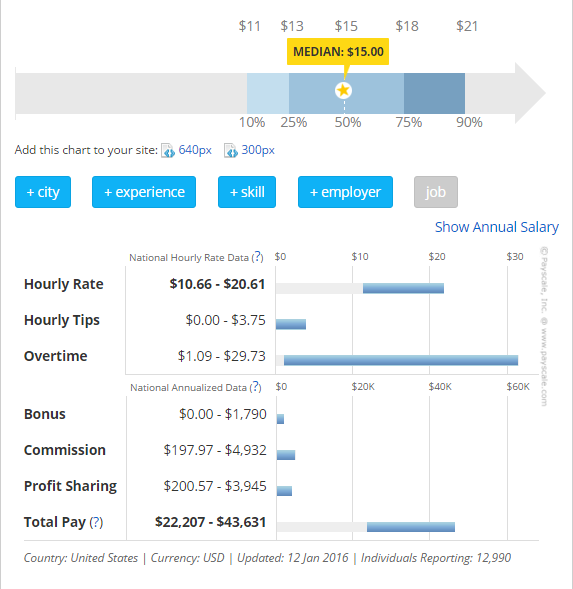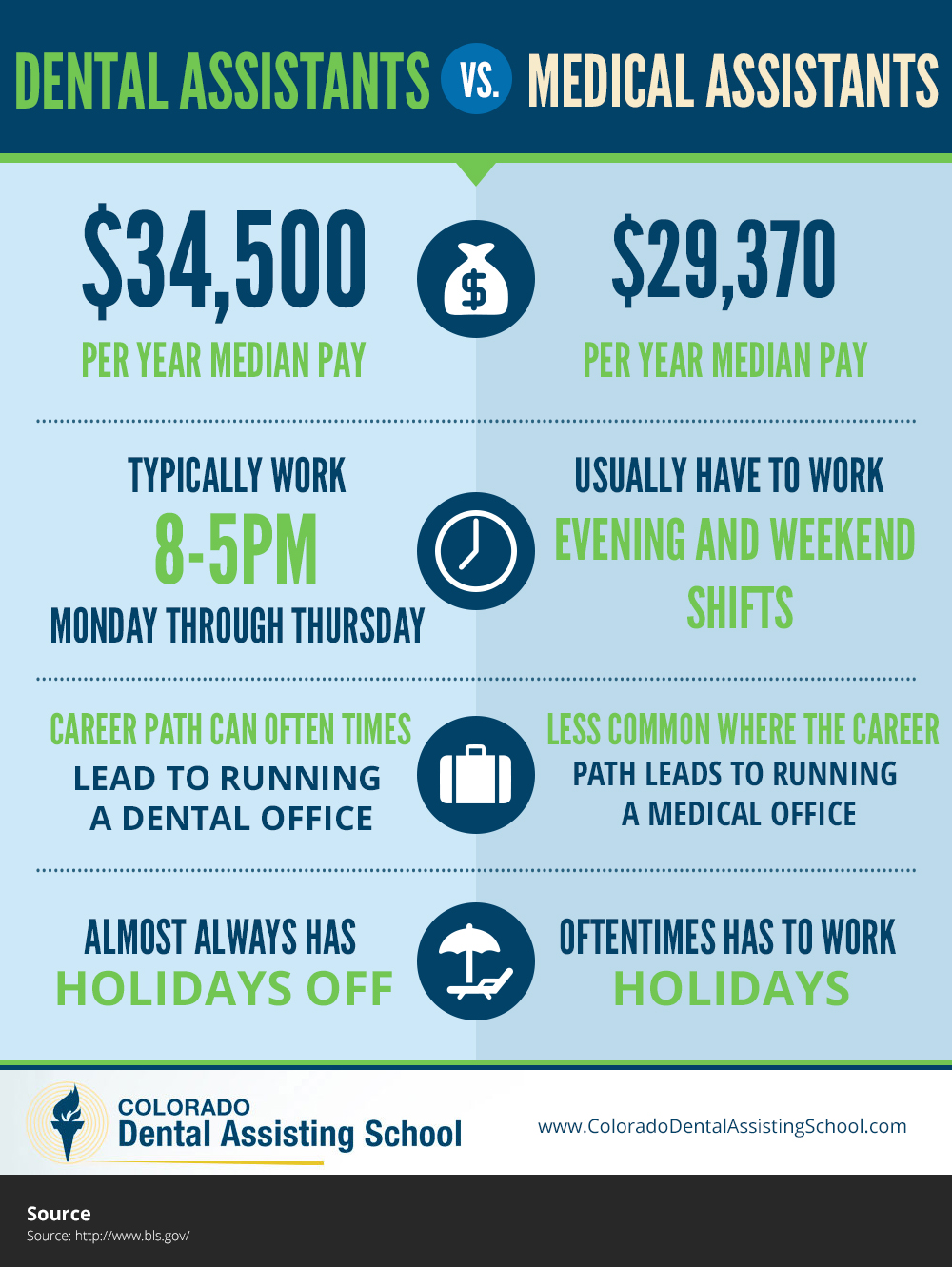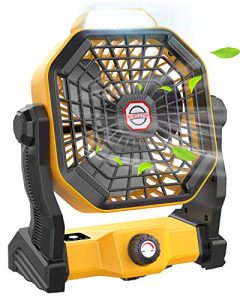Contents
Are you considering a career as a dental assistant but unsure about the costs involved? Look no further! In this article, we will explore the expenses associated with becoming a dental assistant, from training programs to certification exams. By the end, you’ll have a clear understanding of the financial investment required to pursue this rewarding profession and be better prepared to make an informed decision.
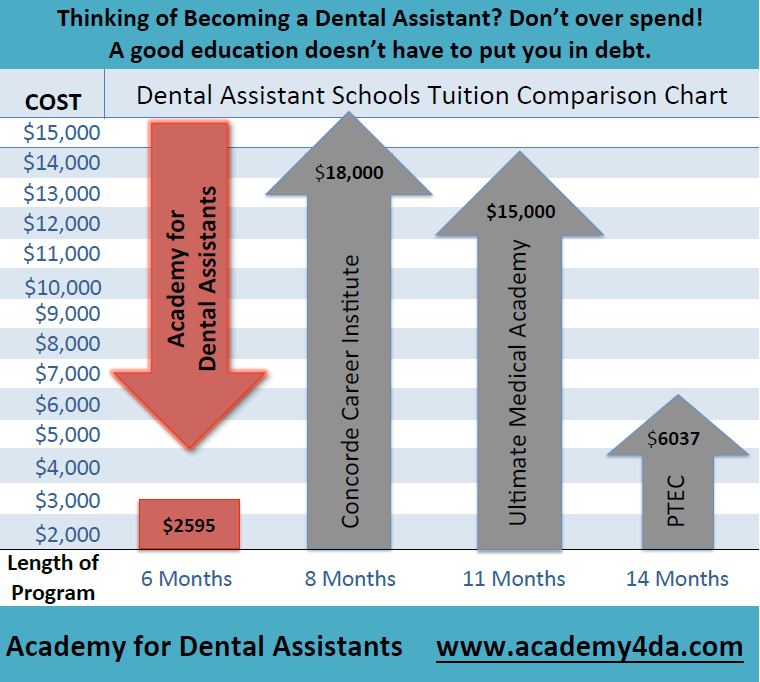
Education and Training
Certification Programs
If you’re interested in becoming a dental assistant, one of the first steps you’ll need to take is completing a certification program. These programs are typically offered by community colleges, vocational schools, or dental assisting schools. The cost of certification programs can vary depending on the school and location, but on average, you can expect to pay between $1,000 and $5,000 for tuition and fees. However, it’s important to note that some programs may include the cost of textbooks and supplies in their tuition fees, while others may require you to purchase them separately.
Associate Degree Programs
While certification programs provide the basic knowledge and skills needed to work as a dental assistant, some individuals may choose to further their education by pursuing an associate degree. Associate degree programs in dental assisting are typically offered by community colleges and can take anywhere from 18 months to 2 years to complete. The cost of associate degree programs can range from $5,000 to $15,000 per year, depending on the school and location. This can include tuition, fees, textbooks, and supplies.
Continuing Education
Even after completing your initial education and training, it’s important to continue learning and staying up-to-date with the latest advancements in dental assisting. Many states require dental assistants to complete a certain number of continuing education credits each year in order to maintain their license. The cost of continuing education can vary depending on the type of courses or workshops you choose to take. Online courses and webinars are often more affordable, with prices ranging from $50 to $200 per course. In-person workshops and seminars can range from $200 to $500 or more, depending on the duration and location.
Tuition and Fees
Certification Programs
As mentioned earlier, the cost of tuition and fees for certification programs can vary depending on the school and location. On average, you can expect to pay between $1,000 and $5,000 for these programs. It’s important to research and compare different schools to find one that fits your budget and offers a quality education. Additionally, some schools may offer financial aid or scholarships to help offset the cost of tuition for eligible students.
Associate Degree Programs
If you decide to pursue an associate degree in dental assisting, the cost of tuition and fees will generally be higher compared to certification programs. On average, you can expect to pay between $5,000 and $15,000 per year. However, keep in mind that this cost may include not only tuition and fees, but also textbooks, supplies, and any additional expenses related to clinical training or internships. It’s important to consider your financial situation and explore financial aid options, such as grants or loans, to help cover the cost of your education.
Continuing Education
When it comes to continuing education, the cost can vary depending on the type of courses or workshops you choose. As mentioned earlier, online courses and webinars are often more affordable, with prices ranging from $50 to $200 per course. In-person workshops and seminars can range from $200 to $500 or more, depending on the duration and location. Some employers may offer reimbursement for continuing education expenses, so it’s worth checking if this is a benefit that’s available to you.
Books and Supplies
Required Textbooks
As with any educational program, dental assisting programs often require students to purchase textbooks for their coursework. The cost of textbooks can vary depending on the number of courses and the specific titles required. On average, you can expect to spend between $500 and $1,000 on textbooks throughout your dental assisting education. Some schools may offer textbook rental or buyback programs to help reduce the cost for students.
Uniforms and Clinical Supplies
In addition to textbooks, dental assisting programs may require students to wear specific uniforms and purchase clinical supplies. The cost of uniforms can vary depending on the requirements of the program, but on average, you can expect to spend between $100 and $300. Clinical supplies such as gloves, masks, and instruments can also add to the overall cost of your education. It’s important to budget for these additional expenses when planning for your dental assisting education.
Additional Study Materials
While textbooks and clinical supplies may be the main expenses related to your education and training, there may be additional study materials that you’ll need to purchase. This could include study guides, online resources, or practice exams to help you prepare for your certification exam or licensure. The cost of these additional study materials can vary depending on the resources you choose, but it’s important to consider them as part of the overall cost of becoming a dental assistant.
Licensing and Certification
State Licensing Fees
Once you have completed your education and training, you will need to obtain a license to practice as a dental assistant. The cost of state licensing fees can vary depending on the state you reside in. On average, you can expect to pay between $50 and $200 for your initial license, with renewal fees ranging from $25 to $100 per year. It’s important to research the requirements and fees specific to your state in order to budget accordingly.
Certification Exam Fees
In addition to state licensing, some dental assistants may choose to pursue certification through a professional organization such as the Dental Assisting National Board (DANB). The DANB offers a comprehensive exam that assesses the knowledge and skills of dental assistants. The cost of the certification exam can vary depending on the specific exams you choose to take, but on average, you can expect to pay between $200 and $500. It’s important to note that certification is not required in all states, but it can enhance your credentials and increase your job opportunities.
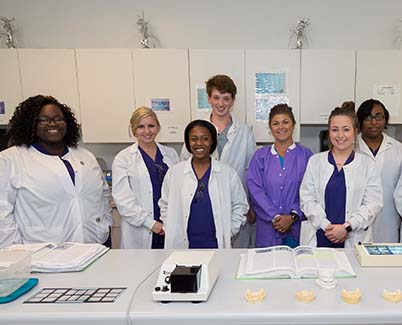
Background Checks and Immunizations
Criminal Background Check
Many dental assisting programs and employers require students and dental assistants to undergo a criminal background check. The cost of a background check can vary depending on the provider and the level of screening required. On average, you can expect to pay between $50 and $100 for a basic background check. Some programs or employers may require additional screenings, such as fingerprinting or drug testing, which can add to the overall cost.
Drug Testing
In addition to a criminal background check, some dental assisting programs and employers may require students and dental assistants to undergo drug testing. The cost of drug testing can vary depending on the provider and the type of testing required. On average, you can expect to pay between $50 and $100 for a basic drug test. It’s important to budget for these additional expenses when considering the cost of becoming a dental assistant.
Immunization Costs
Certain immunizations may be required for dental assisting students and professionals to ensure the safety of patients and staff. The cost of immunizations can vary depending on the specific vaccines required and your healthcare provider. On average, you can expect to pay between $100 and $300 for immunizations. It’s important to check with your school or employer to determine which immunizations are necessary and if any financial assistance is available.
Equipment and Instruments
Dental Chair and Units
As a dental assistant, you’ll be working closely with patients and assisting the dentist during various procedures. This requires specific equipment and instruments, including dental chairs and units. However, the cost of these items is typically covered by the dental office or employer, so you won’t need to personally invest in them. It’s important to ensure that the dental office you work for provides the necessary equipment for you to perform your duties effectively and safely.
Hand Instruments
Dental assistants also use a variety of hand instruments to assist the dentist during procedures and perform tasks such as cleaning and sterilizing instruments. The cost of hand instruments can vary depending on the specific items and the quality of the instruments. On average, you can expect to spend between $300 and $500 for a basic set of hand instruments. Some employers may provide these instruments, while others may require dental assistants to purchase their own.
Radiograph Machines
Dental assistants may also be responsible for taking and developing dental X-rays, which requires the use of radiograph machines. The cost of radiograph machines can vary depending on the type and quality of the machine. On average, you can expect to spend between $2,000 and $5,000 for a basic radiograph machine. However, it’s important to note that many dental offices or employers provide these machines, so you may not need to invest in one personally.
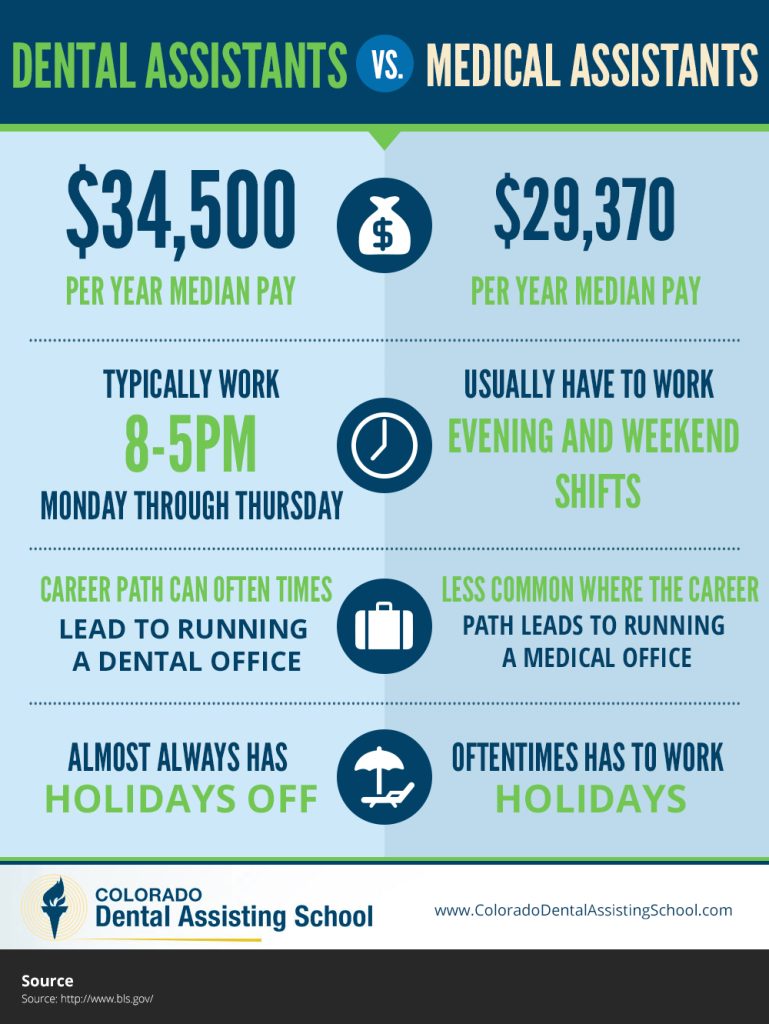
Dental Assistant Association Memberships
Annual Membership Fees
Becoming a member of a dental assistant association can provide numerous benefits, including access to resources, professional development opportunities, and networking events. However, membership fees can vary depending on the specific association and the level of membership you choose. On average, you can expect to pay between $50 and $150 per year for a dental assistant association membership. Some associations offer discounted rates for students or new graduates, so it’s worth exploring these options to make membership more affordable.
Conference and Seminar Costs
One of the benefits of dental assistant association membership is the opportunity to attend conferences and seminars. These events provide valuable learning experiences and allow you to connect with other professionals in the field. The cost of attending conferences and seminars can vary depending on the location, duration, and the association hosting the event. On average, you can expect to pay between $200 and $500 or more for conference registration fees. It’s important to budget for these expenses and consider them as part of your ongoing professional development.
Transportation and Parking
Commute Expenses
Depending on where you live and work, you may need to budget for transportation expenses such as gas, public transportation fares, or car maintenance costs. The cost of commuting can vary depending on the distance and mode of transportation. It’s important to consider these expenses when calculating the overall cost of becoming a dental assistant. Carpooling or using public transportation can help reduce these costs if feasible.
Parking Fees
If you drive to work or attend classes, you may also need to budget for parking fees. The cost of parking can vary depending on the location and whether you park in a public lot or a designated employee/student parking area. On average, you can expect to pay between $5 and $20 per day for parking. Some employers or schools may offer discounted parking rates or reimbursements, so it’s worth inquiring about these options to help reduce your expenses.
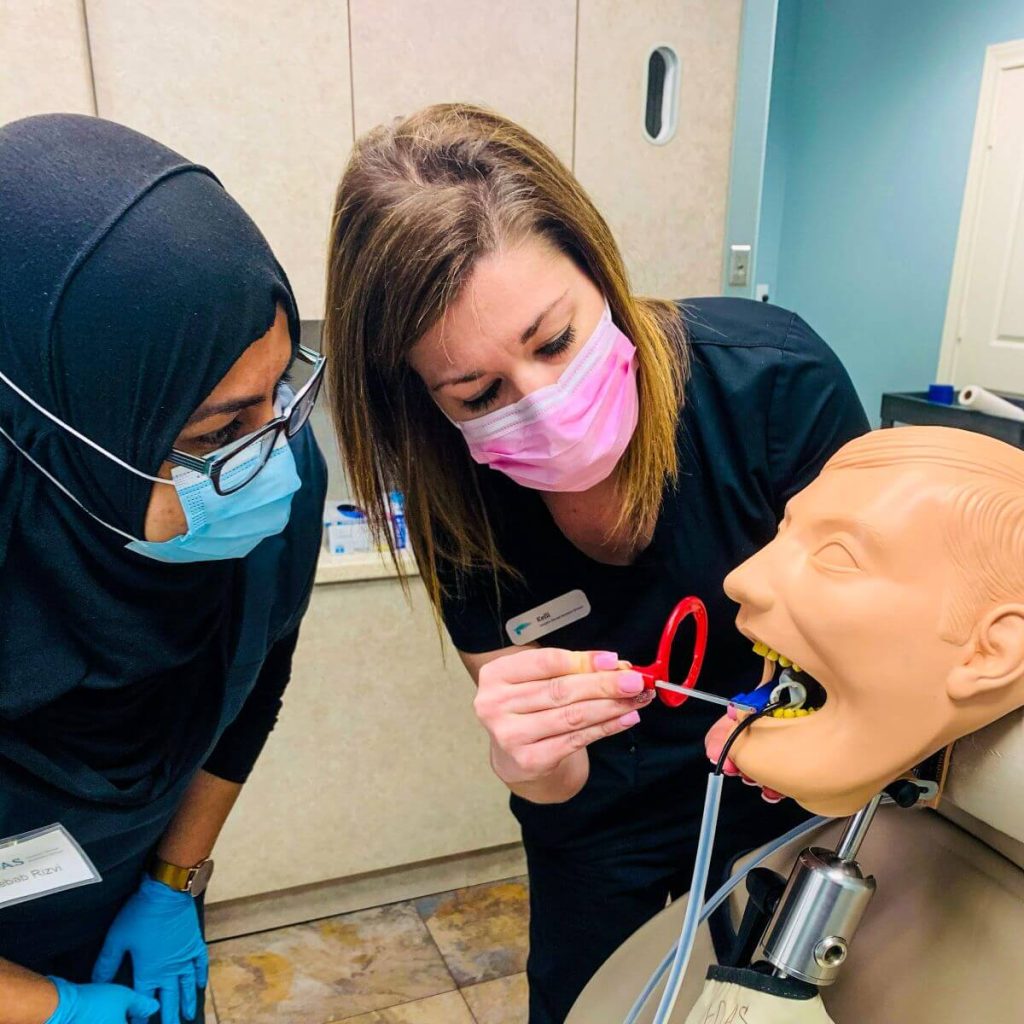
Job Search and Interviewing Costs
Resume Writing and Printing
When searching for a job as a dental assistant, you’ll need to have a professional resume that highlights your skills, education, and experience. While you can create a resume on your own, you may choose to hire a professional resume writer to ensure that your resume stands out to potential employers. The cost of professional resume writing can vary depending on the writer and the level of service you choose. On average, you can expect to spend between $100 and $300 for resume writing services. Additionally, you may need to budget for printing and postage costs if you choose to mail physical copies of your resume.
Professional Attire
When attending job interviews or starting a new job as a dental assistant, it’s important to have appropriate professional attire. This may include scrubs, professional shoes, and other work-appropriate clothing. The cost of professional attire can vary depending on your personal style preferences and where you shop. On average, you can expect to spend between $200 and $500 for a basic professional wardrobe. It’s important to consider these expenses when preparing for job interviews and starting your career as a dental assistant.
Interview Travel Expenses
If you’re applying for dental assistant positions in different cities or states, you may need to budget for interview travel expenses. This can include transportation costs such as airfare or gas, accommodations, and meals. The cost of interview travel expenses can vary depending on the distance and duration of your trip. It’s important to research and compare different options to find the most cost-effective way to travel for interviews. Some employers may offer assistance or reimbursements for travel expenses, so it’s worth inquiring about these options.
Continuing Education
Workshops and Seminars
Continuing education is an ongoing process in the field of dental assisting, and attending workshops and seminars is a great way to enhance your knowledge and skills. The cost of workshops and seminars can vary depending on the specific topics and the organization hosting the event. On average, you can expect to pay between $200 and $500 or more for a one-day workshop or seminar. It’s important to budget for these expenses and prioritize the topics that align with your professional goals and interests.
Online Courses
Online courses offer a flexible and convenient way to continue your education as a dental assistant. The cost of online courses can vary depending on the provider and the topic. On average, you can expect to pay between $50 and $200 per course. It’s important to choose reputable providers and courses that are recognized by professional organizations to ensure that you’re receiving quality education. Some employers may offer reimbursements or incentives for continuing education, so it’s worth exploring these options to help offset the cost.
Conference Attendance
Attending dental conferences is another valuable way to stay updated with the latest advancements in dental assisting. While the cost of conference attendance can vary depending on the location, duration, and the organization hosting the event, it’s generally more expensive compared to workshops or online courses. On average, you can expect to pay between $500 and $1,000 or more for conference registration fees. It’s important to budget for these expenses and consider the networking and learning opportunities that conferences provide.
In conclusion, becoming a dental assistant involves several costs related to education and training, licensing and certification, background checks and immunizations, equipment and instruments, professional memberships, transportation and parking, job search and interviewing, and continuing education. It’s important to research and plan for these expenses to ensure a smooth and successful journey towards a rewarding career in dental assisting.
